Madam - Interview
by John Clarkson
published: 30 / 9 / 2016
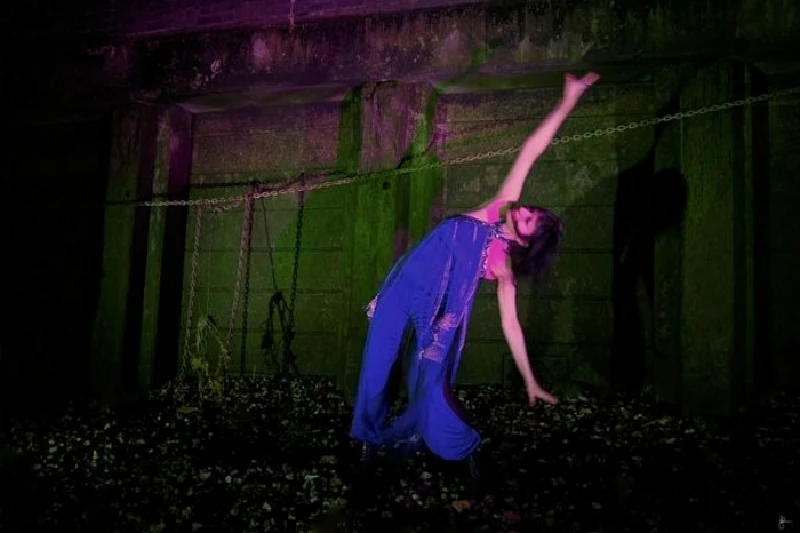
intro
Sukie Smith, the front woman with Madam, talks to John Clarkson about their third album, 'Back to the Sea', and her plan to make a short film to accompany every track on it
“I will eventually do a CD, but when I started thinking about putting this record out I felt more excited about bringing it out on vinyl,” says Sukie Smith. “When I go to gigs I feel like buying vinyl, even though I haven’t actually got anything to play it on.” Her voice rises into an explosive laugh. “The test pressings are going to arrive any moment now from the vinyl plant, and I am ringing up all my friends and saying, ‘Do you have a turntable? I can’t even play the fucker’.” It is Smith’s fourth official interview with Pennyblackmusic, and she is on the phone to talk about her band Madam’s third album, ‘Back to the Sea’, which she is drip feeding out with a download edition at the start of August. She will be following it with a vinyl edition, which is limited to three hundred copies, on September 23rd, and finally a CD edition at some point in the future. After years of playing in various bedroom bands, London-based Smith’s recording career began for her relatively later on in life with the release of Madam’s debut album, ‘In Case of Emergency’, on Reveal Records in 2007. Her next album, ’Gone Before Morning’, came out on her own Shilling Boy Records in 2011, and now she is releasing, again on Shilling Boy, ‘Back to the Sea’, which has been five years in the making. Madam has something of a revolving line-up on 'Back to the Sea'. As well, as Smith on vocals and acoustic guitar, ‘Back to the Sea’ also features current Sophia drummer Jeff Townsin and cellist Sarah Gill, who have appeared on all three of Madam’s albums. Regular guitarist John Robertson, who returned to his native New Zealand in the midst of recording, is present on approximately half of the album, and Swervedriver’s Adam Franklin provides the other guitar parts. New recruit Gareth Moss contributes bass, and ‘Back to the Sea’ also features a wide array of guest musicians including Cuban jazz trumpeter Yelfris Valdes, sound artist Michael Begg who provides glass harmonica sounds on ‘I Am Your Home’ and the Willard Grant Conspiracy’s David Michael Curry whose searing, gigantic viola on the final track ‘The Connection’ brings ‘Back to the Sea’ to an epic close. ‘Back to the Sea’ was inspired largely by the sudden death of Smith’s father in 2007 and a prolonged period of depression and self-destruction which followed it. There are inevitably moments of great bleakness and sadness on it. The heartbreaking ‘No Ghost’ has Smith trying to conjure up in her grief the spirit of her departed father, and ‘Murder Park’ recalls his funeral. On ‘Rules of Love’ she reflects on a relationship from optimistic beginning to break-up, while ‘3 Sixes’ tells of a romance with an already involved man. Yet ‘Back to the Sea’, however, is ultimately a record about the triumph of the human spirit. The opening title track is a rallying call in which Smith calls and challenges herself to "rise up/be strong". On 'The Connection' she discovers some time latterly of the death of her first love, and, while she is saddened, she takes comfort from the connection she once had with him and the subsequent influence he has had on her life. 'I Am Your Home' finds her depression lifting, and concludes with a guitar line of jubilant exhilaration from Robertson. Classically trained at the Central School of Speech and Drama, Sukie Smith is also an actress, who has appeared on television, film and theatre. She has worked with greats such as Nic Roeg and Mike Leigh, and also had a starring role in the award-winning 2001 film, 'Lawless Heart'. ‘Back to the Sea’ finds her uniting her acting work with Madam more than she has done so in the past. Her plan is with the aid of a different director on each one to create a short film for every track on the album. There have been films made for ‘Rules of Love’ and another song ‘When I Met You’ already, and now Smith has followed this with a film for ‘I Am Your Home’. It shows a solitary Smith leaving a bar, and after a life-affirming encounter with a trio of initially menacing-seeming men who are revealed to be deaf, it concludes with her running exuberantly through London’s seedy back streets. Pennyblackmusic spoke to Sukie Smith about ‘Back to the Sea’ and the films. PB: Music seems to have taken an increasingly dominant role in your life in the last fifteen years or so. One gets the impression from talking to you that Madam means absolutely everything to you. Why do you feel that it has taken such precedence now? SS: I don’t think that it is now. I think that it has always been that way, but for a long time I sectioned up my life and in fact I kept my acting career a secret from the musicians I was working with. As I have developed as a human and as an artist, I have found that process less and less useful. It was probably not very useful then either, but at the time I felt that I was only able to present one side of myself as an artist and that it was too much to ask people to accept me as an artist and both an actress and a musician. I kept them separate from one another, but now music-making is my main focus. It is at the core of my art-making and it incorporates everything else now. PB: Why do you think that music has taken this greater priority than acting now? SS: It is incredibly satisfying to be able to start writing something and to see it enriched. You have a blank page at the start. You create the soundscape, the music. You put the personnel together to make what you hear in your head, and then the way I am going with this project at the moment is that there are visuals and there is this whole other life with the songs in that they get answered by a mini-film as well. In some ways it feels like it is all part of the process now, that acting or visualising things is all incorporated in this project now. PB: The majority of your lyric writing is autobiographical. You’re probably more in a place to write autobiography now than when you were younger because you have experienced more basically. Do you think that is a factor too? SS: Yes, I do. I think I would have been writing from a place of utter confusion. Well, I was writing from a place of utter confusion and an enormous amount of pain when I was younger (Laughs). Perhaps, as you say, you reach a place in your life where you are able to separate yourself enough so that you can turn it into something else rather than just primal screaming. I have been making music for years, but if I had known back then how to one way or the other put it in front of people I don’t know what people would have made of it. There is also more for me to write about now. I am less afraid to tackle things. PB: The title track was inspired in part by you being in the hospital room when your father died. YThe chorus line is “we make our bones/we make them count.” What did you mean by that? SS: It comes out of making sure that I don’t waste my life. After my father died, I went through a prolonged period of drinking and self-destruction, but one day I woke up and thought, “Well, he didn’t work so hard for me to destroy myself. This is a waste and it is a dishonour to him.” A lot of my dad’s generation made enormous sacrifices for their children. They saw what happened with war and poverty and they worked really hard for their children, so out of honour to them you have to make as good a life as you can and not to squander it. PB: You mentioned in a previous interview with us that you were one of twins and that the other twin was stillborn. Are those lines for your twin as well? SS: Exactly. I didn’t find that out until a few years ago, but since then I have felt had to live a big life for both of us. That was part of it too. PB: You have completed videos for ‘Rules of Love’, ‘When I Met You’ and ‘I Am Your Home’ already. How many more do you have in the pipeline? SS: ‘Back to the Sea’ is done. ‘Not Here Yet’ is being edited. There is some footage for ‘No Ghost’ which I am putting together with another artist. ‘3 Sixes’ is in the planning stages, which only leaves ‘Murder Park’, ‘Night Watch’, ‘Left to Break’ and ‘The Connection’ out. I don’t know yet and when they will happen but they will. PB: ‘I Am Your Home’ is about coming out of the bout of depression and self-destruction that you mentioned. It seems like one of the more optimistic tracks on the album. Would you agree? SS: Yes, I would totally agree. It is an easy interpretation to think that it is just about self-destruction. It is me laughing at myself. Lines like the chorus line of “I am your home if you ever arrive” are gallows humour. It was a tiny, small song, and then it went into the rehearsal room and John Robertson, the guitarist, played some stuff on it and it became this joyous anthem. He moved back to New Zealand suddenly, shortly before we came to record that and other songs, and i was like, “For fuck’s sake. What are we going to do with all the tracks that you have been working on?” and he said, “I'll line them all up.” There were all these tracks which he sent in by email. With that song, he said that he was responding to the lyrics. I was saying in them that I was in trouble, and he was trying to create on his guitar the sound of alarms going off and sirens and ambulances, and it went from there. He was making sounds like he was scoring some movie, which makes sense because he directs films also. Then Jeff Townsin came up with some brilliant drum work for that song as well. Some songs are more of a collaboration than others, and that was one of them. PB: Where was the video for it shot? SS: I was trying to think of some dark streets to run around in perhaps East London. The director said, "Where you live is quite eerie. Let’s go there.” It was shot around the arse end of Camden (laughs) in between the Caledonian Road and York Lane and in these little streets that go absolutely nowhere. PB: Who directed it? SS: It was directed by a friend of mine called Matthew Lynch, who is a documentary maker for Channel 4 and is also a freelance director. I have known him for years. PB: Where did the idea of involving the three deaf guys come from? SS: I was sitting at a bus stop by myself after being at a gig round the back of Shoreditch, and thinking, “It is a bit fucking sketchy here” (Laughs), and then a version of that happened. It was impossible to recreate. These guys came up to the bus stop who were over-animated and odd, and I was like “What the fuck!" Then I realised that they were deaf and that was why they had these over-heightened mannerisms. They included me after a while in the sort of way that the video tries to do. We all got on the bus together and I was the only person who knew that they were deaf. They came stamping onto the bus and nobody understood why, and it was really making them laugh. When I got off the bus they were blowing me kisses. They were about fourteen or something (Laughs). The running shots are in colour, while the rest of it is filmed in black and white. We wanted to capture this idea of freedom and euphoria, and so the running shots are in colour. PB: If you think about it, 'Back to the Sea' has been a massive project. It has involved so many people, not just the musicians who have played on it, but the people who have involved in the films, whether they have been directors, extras or stage hands. Why do you think that so many people have got behind it? SS: I think I am very hard to refuse (Laughs). More seriously though, it is a chance to be creative and involved in something. I am the same way. If someone asks me to do something, I love it. If someone asks me to assist them, like late last year I was asked to be involved in a video and it was a long fucking slog but, of course, I wanted to do it because it was somebody making something happen. When we did the ‘Rules of Love’ film, which is set in a bar, this guy gave us his pub which was spread across this five storey building. He told us that we had the run of the place until such and such a time and then he would take this little bit back, but we could carry on all night if we like. I was sitting on the stairs and watching all these film students, all these extras, all these people that wanted to work in costumes and they had all turned up. There were about twenty-five people, and I just asked them and they all said yes. I can only conclude that they feel the same way as I do and it was a chance to be involved in something. It is interesting to see something out of nothing. It is powerful. You don’t have that feeling of impotence. “Make your bones count” is the middle line there also. You have made something exist that didn’t exist. I am for sure mostly singing it mostly to myself, but it is very much a rallying call for other people as well. PB: The idea of sleep, and especially disturbed sleep, seems to dominate ‘Back to the Sea.’ SS: It is true. There is a lot of stuff about getting no sleep. I was very agitated and I couldn’t sleep after my dad died. Insomnia is a form of madness really. I definitely write from an uneasy perspective. I am interested in trying to identify shadowy, not-quite-sure-what-they-are feelings. PB: Some of the lyrics, particularly ‘No Ghost’ and ‘Night Watch’, could have come out of dreams. SS: Yes, they do feel very dreamy. I agree. I live in my head a huge amount. I do take a lot of notice of my dreams. I do work from what I see based in them sometimes. I feel like I dream quite symbolically, and then try and work it out in a song. PB: As well as your regular band, ‘Back to the Sea’ has a really heavyweight cast of guest appearances. SS; It does, doesn’t it? There was the regular group making 'Back to the Sea', but you see a vision for a song and there is more to be had from it than just a set of things played by the same people. A lot of them needed something more and I found people that I felt were right for it. I was trying to find a jazz player to play on ‘Murder Park’. I had a vision for a big, weird, strange New Orleans type trombone and sound for the end. It is about my dad's funeral, and so I wanted it to reference my dad’s music tastes which were for traditional jazz. I wanted it to be a tribute to him musically as much as anything else, and I was involved in a big project that involved a lot of jazz musicians and also actors. There was this guy there, Yelfris Valdes, and he was an extraordinary Cuban trumpet player. We were talking and I asked him to come and play on a track, and he said that, of course, he would. We set up a studio in my house, and the engineer and I recorded it. He played on ‘3 Sixes’ as well, but I really affected the trumpet on that so you can barely hear it. He is a session musician, and said that he really enjoyed playing on these songs. He gets a lot of work, but he is making himself available for our launch gig for 'Back to the Sea' and says that he wants to work on other stuff with us. There have been a lot of collaborations on this record, and which have come from me asking someone to come and correspond to tracks. It is just down to me not minding asking people. I suppose that it is a factor of being an actor. You are used to directors asking you to come and bring your skills to things, and so I don’t feel uncomfortable asking someone, “Will you come and bring your brilliance? We have got it something started with it, but will you come and add to it?” I don’t find that a difficult exchange, so that is how it happened with him. It is how it happened with David Michael Curry who plays viola on 'The Connection'. We supported Thalia Zedek whose band he plays in on tour and we met and connected then, and then he came back to London with the Willard Grant Conspiracy, who we played a gig with as well at the Bush Hall, and said, “I have got this track and I hear things in it.” He set up a makeshift studio in his hotel room when he was touring with Thalia in the States and he sent me a picture of it and the recording. PB: You are doing your launch at the Moth Club in London on September 12th and are headlining a gig for Pennyblackmusic on October 1st at the Sebright Arms . You have also recently played a gig in Eastbourne. What is going to happen beyond that? SS: I want to do more seaside shows. We put together this ideal tour and in doing so I found these really lovely venues all around the coast of England, which one way or another I am trying to do. We can hopefully play a series of weekend shows at venues there even if we can't do a full-length tour for financial reasons. Beyond that we will just see what happens. It is not much of a plan (Laughs). I am enjoying not having it all mapped out and the process of seeing what happens as people respond to it. It is more of an organic process, but things are happening. PB: What about songwriting? Are you doing much of that? SS: I can’t stop writing songs at the moment. I am writing these huge, epic songs and have been meeting and getting involved with all these jazz musicians. I hope to go into a studio with these huge, big poems rather than a chorus/verse type thing that I have written and to see what happens with another set of musicians as well as my band. That is what I am thinking right now. PB: Thank you. The too photograph that accompanies this article was taken by James Alexander, while the second photograph was taken by Cat Stevens. The 'Back to the Sea' album cover is by Rachael Robb. Madam will be headlining a Pennyblackmusic Bands Night with support from Idiot Son and Dream Maps on Saturday 1st October at the Sebright Arms, London. Tickets are available in advance for £6 from We Got Tickets www.wegottickets.com and on the door from £7.
Band Links:-
https://www.facebook.com/madammusichttp://madamband.com/
https://twitter.com/madammadammadam
https://www.instagram.com/madammadammadam/
https://www.youtube.com/user/madammadammadamvideo
Picture Gallery:-
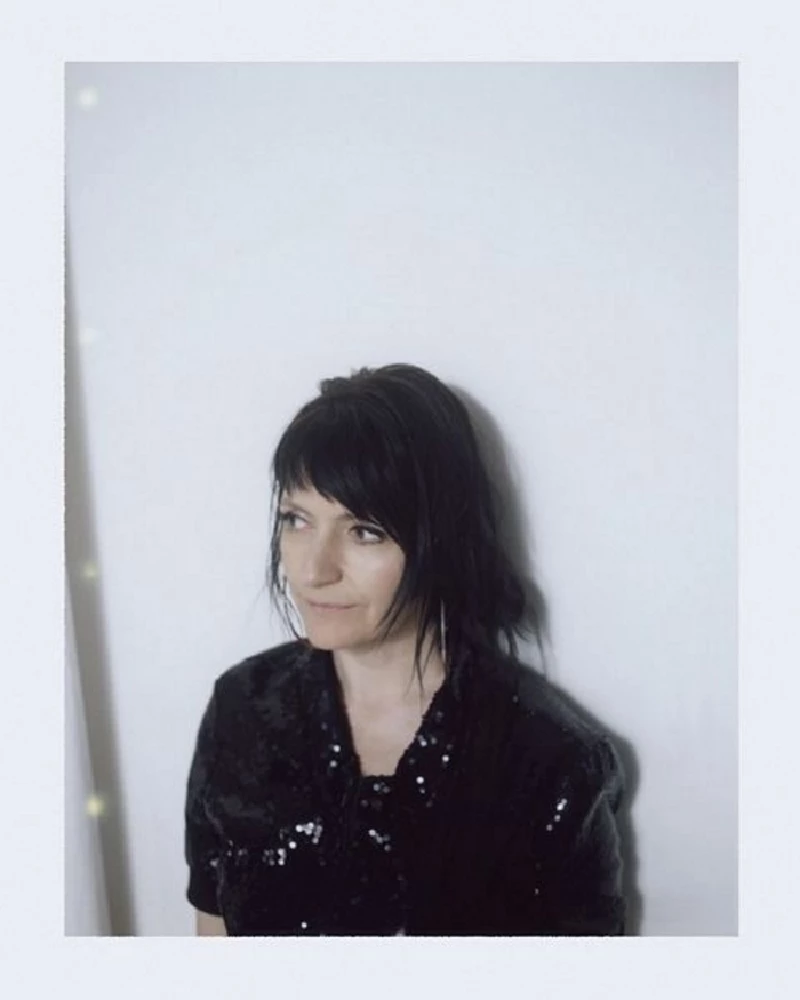
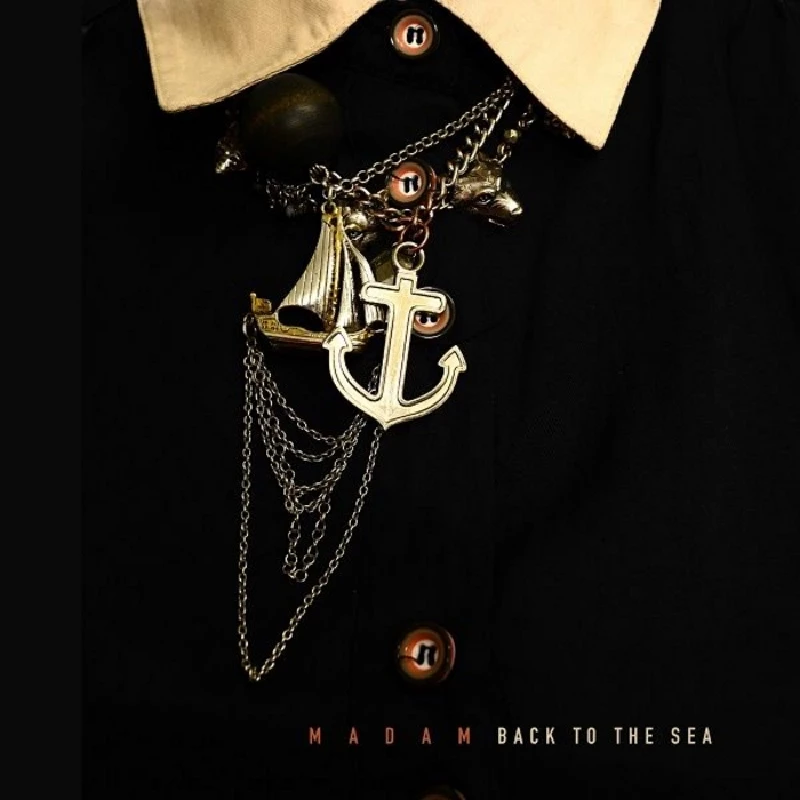
interviews |
|
Interview (2018) |
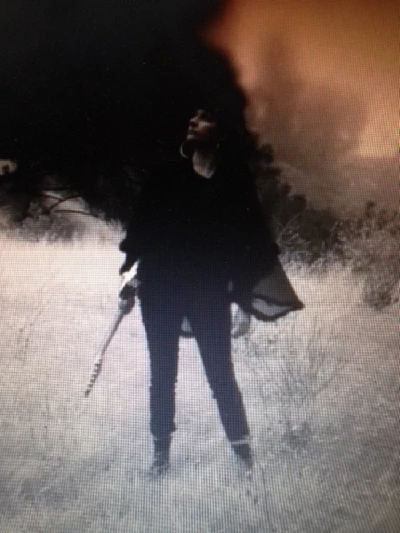
|
| Sukie Smith, the front woman with Madam, talks to John Clarkson about the new video from 'Murder Park', which we are also premiering, from her remarkable third album, 'Back to the Sea'. |
| Interview (2016) |
| Interview (2011) |
| Interview (2009) |
profiles |
|
When I Met You (2016) |
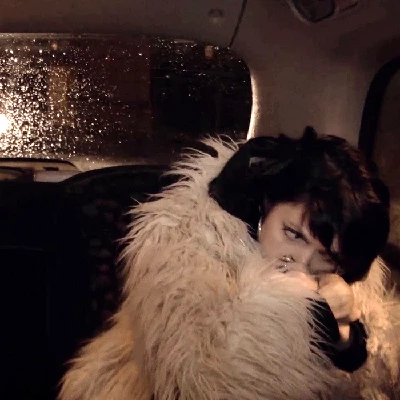
|
| Sukie Smith, the front woman with London-based band Madam, talks through the making of the video for 'When I Met You', the first single from 'Back to the Sea', the band's forthcoming third album |
features |
|
(With Idiot Son and Dream Maps), Sebright Arms, London, 1/10/2016 (2016) |

|
| We profile our next London Pennyblackmusic Bands' night which will take place at the Sebright Arms in London, and will feature sets from Madam, Idiot Son and Dream Maps |
soundcloud
reviews |
|
Back to the Sea (2016) |
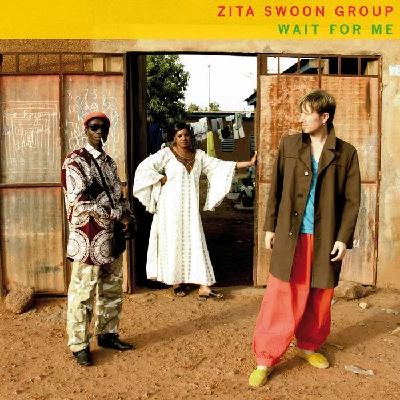
|
| Redemptive third album and first in five years from Madam, the project of London-based singer-songwriter Sukie Smith |
| Thou Tiny Child (The Coventry Song) (2012) |
most viewed articles
current edition
Carl Ewens - David Bowie 1964 to 1982 On Track: Every Album, Every SongArmory Show - Interview with Richard Jobson
John McKay - Interview
Colin Blunstone - Thalia Hall, Chicago, 16/7/2025
Bathers - Photoscapes 1
Billie Eilish - O2 Arena, London, 10/7/2025
Loft - Interview
Visor Fest - Valencia, Spain, 26/9/2025...27/9/2025
Sir Tim Rice - Interview
Robert Forster - Interview
previous editions
Manic Street Preachers - (Gig of a Lifetime) Millennium Stadium, Cardiff, December 1999Heavenly - P.U.N.K. Girl EP
Beautiful South - Ten Songs That Made Me Love...
Peter Perrett - In Dreams Begin Responsibilities Interview Part One
Boomtown Rats - Ten Songs That Made Me Love....
Oasis - Oasis, Earl's Court, London, 1995
Coldplay - Wembley Arena. London, 16/8/2022
Trudie Myerscough-Harris - Interview
Prolapse - Interview
Pixies - Ten Songs That Made Me Love...
most viewed reviews
current edition
Davey Woodward - Mumbo in the JumboSick Man of Europe - The Sick Man of Europe
Lucy Spraggan - Other Sides of the Moon
Amy Macdonald - Is This What You've Been Waiting For?
Phew, Erika Kobayashi,, Dieter Moebius - Radium Girls
Suzanne Vega - Flying With Angels
Bush - I Beat Loneliness
Alice Cooper - The Revenge of Alice Cooper
Blueboy - 2
Cynthia Erivo - I Forgive You
related articles |
|
Black Site: Interview (2015 |
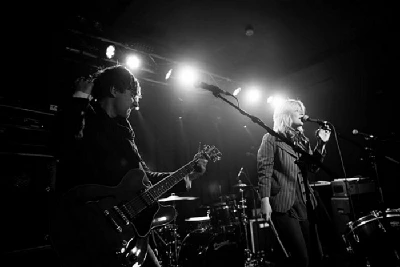
|
| The Black Site are a new raw blues/avant-garde rock duo which features ex-members of Madam and Sophia. Dominic Simpson talks to them about their forthcoming appearance at our next Pennyblackmusic Bands' Night |
Pennyblackmusic Regular Contributors
Adrian Janes
Amanda J. Window
Andrew Twambley
Anthony Dhanendran
Benjamin Howarth
Cila Warncke
Daniel Cressey
Darren Aston
Dastardly
Dave Goodwin
Denzil Watson
Dominic B. Simpson
Eoghan Lyng
Fiona Hutchings
Harry Sherriff
Helen Tipping
Jamie Rowland
John Clarkson
Julie Cruickshank
Kimberly Bright
Lisa Torem
Maarten Schiethart